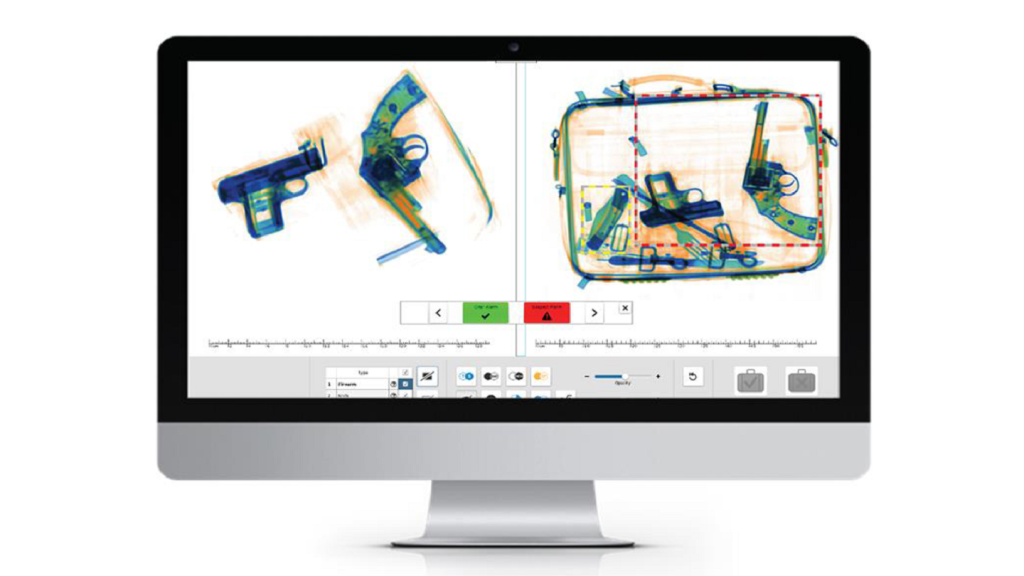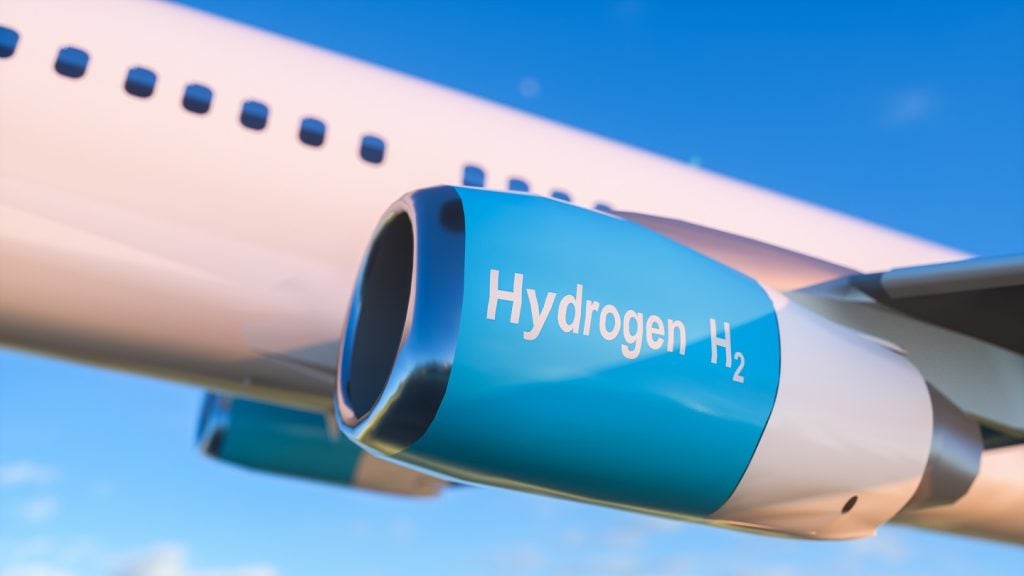The aviation industry is constantly grappling with massive amounts of data in complex environments, and employees around the world need 24/7 access to data to keep ground and air operations running smoothly. In a globe-spanning industry that never sleeps, cloud computing offers responsiveness and resilience to operate efficiently.
Discover the leading cloud computing companies in the aviation industry
Using its experience in the sector, Airport Technology has listed some of the leading companies providing products and services related to cloud computing.
The information provided in the download document is drafted for aviation executives and technology leaders involved in cloud computing solutions.
The download contains detailed information on suppliers and their product offerings, alongside contact details to aid purchase or hiring decisions.
See Also:
How is cloud computing helping the aviation industry?
Cost-efficiency
Airlines that use cloud services eliminate the need to purchase and maintain on-premise servers and hardware and the IT staff required to administer them. The administrative and maintenance costs are greatly reduced in this manner.
Redefine customer services
When it comes to passenger services, airlines are turning to cloud technologies to provide services such as label-printed baggage drop-off and self-boarding gates. It is based on all data generated from check-ins and reservation systems, including customer data that is centrally stored and verified. The data is also readily accessible to airline personnel, passengers, security personnel, and others with some form of information access.
Aircraft maintenance
In an increasingly complex environment, being able to order, replace and maintain a wide range of aircraft components while staying current with the latest technology, safety policies, regulatory compliance and aircraft maintenance logs and history is essential. This is where cloud computing steps in to provide regular and efficient aircraft maintenance.
Faster deployment of Apps & Services
Instead of emailing instructions and changes to ticket centre staff, airlines can transmit critical information in real-time to booking apps running continuously on computers and mobile phones. The cloud-based infrastructure also eliminates the need for separate licences for each workstation, saving costs and expediting the process.
For full details (including contact details) on the leading companies within this space, download the free Buyer’s Guide below:
Frequently asked questions
-
How is cloud computing transforming the aviation industry?
Cloud computing revolutionises aviation by enhancing cost-efficiency, streamlining operations, and improving customer services. Airlines can reduce the need for expensive hardware, rely on centralised data management for services like baggage tracking and ticketing, and ensure faster deployment of apps and services. Additionally, cloud-based systems improve aircraft maintenance by facilitating real-time tracking of parts, logs, and compliance data, which optimises performance and safety.
-
How does cloud computing improve cost efficiency for airlines?
By using cloud services, airlines can eliminate the need for costly on-premise servers, hardware, and dedicated IT staff. Cloud providers offer scalable solutions that allow airlines to pay only for the computing power they need, which reduces both administrative and maintenance costs. This cost efficiency is particularly advantageous for smaller airlines or those operating across multiple regions with varying infrastructure needs.
-
How does cloud computing enhance aircraft maintenance?
Cloud-based platforms facilitate efficient aircraft maintenance by providing real-time data access on parts, maintenance schedules, and regulatory compliance. Maintenance teams can order, replace, and monitor parts remotely, while cloud systems ensure the latest technology updates are applied. This improves safety and reduces aircraft downtime, allowing for better operational planning and performance tracking across multiple locations.
-
What impact does cloud computing have on customer service in airports?
Cloud computing significantly improves customer service by enabling real-time data management. Services such as automated baggage drop-off, self-boarding gates, and real-time flight updates are powered by cloud systems, ensuring smoother operations. Cloud platforms also allow passengers, airline personnel, and security teams to access vital information quickly and efficiently, enhancing the overall airport experience.
-
How do airlines benefit from faster deployment of apps via the cloud?
Cloud computing enables airlines to deploy apps and services faster, reducing the time needed for updates and changes. Information can be transmitted in real time to booking systems, ticketing centres, and passenger apps, eliminating the need for multiple licenses and reducing administrative delays. This speed improves operational efficiency and helps airlines offer passengers more responsive, up-to-date services, including booking changes, notifications, and customer support.






